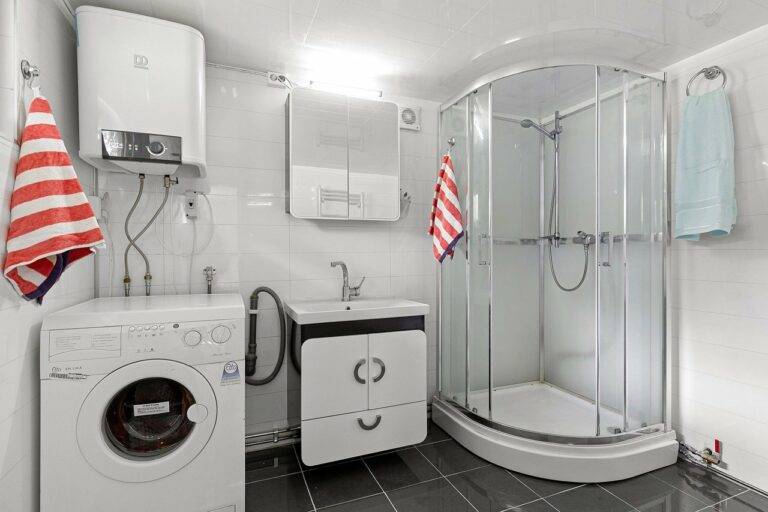Enhancing Kitchen Sustainability with Smart Appliances: Cricbet 99, Sky1exchange.con, Reddy anna online book number
cricbet 99, sky1exchange.con, reddy anna online book number: Enhancing Kitchen Sustainability with Smart Appliances
Did you know that your kitchen can be a hotspot for energy consumption and waste production? From running inefficient appliances to excessive water use, many households are unknowingly contributing to environmental harm through their daily cooking and cleaning practices. However, by incorporating smart appliances into your kitchen, you can significantly reduce your ecological footprint while enjoying the convenience of modern technology.
Smart appliances are designed to be energy-efficient, water-saving, and environmentally friendly. By connecting to your home’s Wi-Fi network, these appliances can be controlled remotely through your smartphone or smart home assistant, allowing you to monitor and adjust their settings for optimal efficiency. From refrigerators that alert you when food is nearing its expiration date to dishwashers that automatically adjust water usage based on load size, smart appliances offer a range of features that make sustainable living easier than ever.
Here are some ways smart appliances can help enhance kitchen sustainability:
1. Energy Efficiency: Smart appliances are designed to use energy more efficiently than traditional appliances, reducing your electricity consumption and lowering your carbon footprint.
2. Water Conservation: Smart dishwashers and washing machines can adjust water usage based on load size and soil level, helping you save water with each use.
3. Food Waste Reduction: Smart refrigerators can help you keep track of expiration dates, reduce food waste, and save money on groceries.
4. Remote Monitoring: With smart appliances, you can monitor and control your kitchen devices from anywhere, ensuring that they operate at peak efficiency even when you’re not at home.
5. Energy Savings: By using smart appliances, you can save money on your utility bills while reducing your environmental impact.
6. Sustainable Materials: Many smart appliances are made from eco-friendly materials, further reducing their environmental impact.
By incorporating smart appliances into your kitchen, you can take a significant step towards a more sustainable lifestyle. Not only will you reduce your environmental impact, but you’ll also enjoy the convenience and efficiency that smart technology has to offer.
FAQs
Q: Are smart appliances more expensive than traditional appliances?
A: While smart appliances may have a higher upfront cost, they can help you save money in the long run through energy and water savings.
Q: Do smart appliances require a smart home system to function?
A: Some smart appliances can be operated independently through a smartphone app, while others may require a smart home system for full functionality.
Q: Can smart appliances be repaired if they break down?
A: Like traditional appliances, smart appliances can be repaired by a professional technician if they experience technical issues.
Q: Are smart appliances compatible with existing kitchen setups?
A: Most smart appliances are designed to fit into standard kitchen configurations, making them easy to integrate into your existing space.
Q: How do smart appliances contribute to sustainability?
A: Smart appliances are designed to be energy-efficient, water-saving, and environmentally friendly, helping you reduce your ecological footprint in the kitchen.
In conclusion, smart appliances offer a range of benefits for enhancing kitchen sustainability, from energy efficiency to water conservation. By making the switch to smart appliances, you can not only reduce your environmental impact but also enjoy the convenience and efficiency of modern technology in your daily cooking and cleaning routines.






